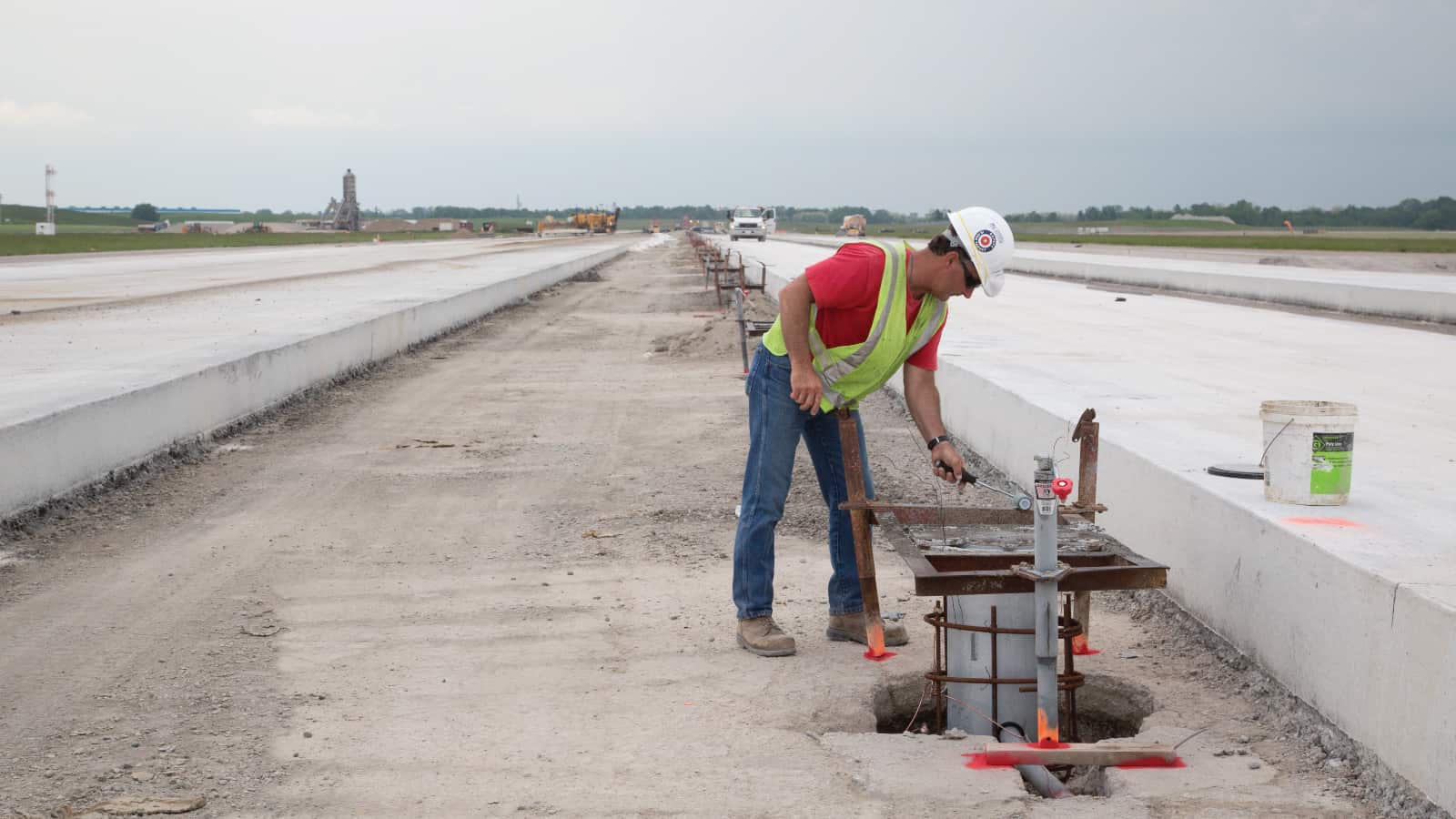COVID-19 Is Delaying Infrastructure Projects

Along with the many other things not happening this year are a wide variety of infrastructure projects. A report released by the American Road & Transportation Builders Association lays out the extent of the delays and even cancellations, reports ConstructionDive. A few of the numbers:
- About $9.6 billion in projects have been delayed or cancelled.
- 16 states have nixed or postponed projects worth about $5 billion.
- 20 local governments are responsible for the rest, at $4.54 billion.
- 44 states, transportation authorities and local governments expect to see a drop in revenues . . . which could translate into less funding for infrastructure down the road (so to speak).
Why infrastructure matters: One industry that relies on infrastructure is, of course, transportation. And very soon, transportation will help save our economy and public health: once the COVID-19 vaccine is ready, it must be distributed nationwide.
Right now, delivery companies like UPS, FedEx and DHL are bolstering their networks and capacity to ship medical goods in anticipation of the vaccine, Transport Topics reports. Here are some of the details:
- Preparations include building “freezer farms” capable of storing millions of doses of the vaccine at low temperatures. UPS has started work on two such facilities, while FedEx is adding at least 10 freezer facilities.
- The companies will also need a lot of dry ice, which keeps medical supplies cold during transport.
This will be the largest vaccine distribution effort in history. Preserving and improving our infrastructure means that future generations, when faced with other health challenges, will be able to distribute medicines easily. And meanwhile, it will enable manufacturers to keep the economy thriving as only they can.
NAM involvement: Last month, the NAM and 118 manufacturing organizations sent a letter to Congress urging it to pass a long-term surface transportation bill, in part because of the challenges surrounding COVID-19.
The big picture: The NAM has been an advocate for infrastructure reform long before the pandemic and will continue long after. NAM Vice President of Infrastructure, Innovation and Human Resources Policy Robyn Boerstling recently made the comprehensive case for infrastructure investment in a blog for Trade Vista.
And for the full slate of NAM recommendations, check out its “Building to Win” plan for candidates and elected officials, which the NAM will keep promoting throughout the campaign season and during the next administration.
